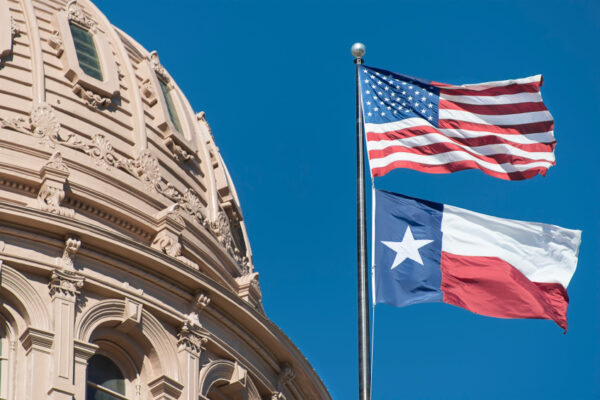This is not the moment to give up on the vision, established by our nation’s founders, of the surest mechanism for promoting a well-functioning democracy: education.
And it is surely not the appropriate point in history for investing in families’ retreat from the public sphere, for financing segregation, and for funding an educational system that allows us to escape the apparent tyranny of having to find common ground with diverse neighbors.
Yet that is the option being considered by the Texas Legislature. Gov. Greg Abbott just announced a fourth special session — for the first time in the Legislature’s 176-year history — calling for the Legislature to pass education savings accounts after the measure previously failed to pass.
These “vouchers” will give parents up to $10,000 for every child they pull out of public school, diverting scarce resources from chronically underfunded public schools. If Texas’ voucher program unfolds like similar programs implemented in states such as Florida, parents will be able to use these funds on televisions, kayaks and tickets to Disney World in addition to private school tuition.
For rural communities, it would mean few private school options and public schools more underfunded. It is not surprising rural communities have come out in opposition to the proposal. But the plan would be equally damaging to public schools in metropolitan areas, already plagued by segregation and inequality, because the proposal incentivizes families from underperforming schools to abandon public education altogether.
How can the Legislature fulfill its duty “to establish and make suitable provision for the support and maintenance of an efficient system of public free schools,” as outlined in the Texas Constitution, when they are intentionally weakening the very foundation of public schools?
And despite decades of the Texas Legislature preaching the virtue of holding schools accountable for student outcomes, from TAAS to TAKS to STAAR to college, career and military readiness, private schools receiving taxpayer funds would be exempt from these accountability provisions. If accountability is important, how can Texas invest half a billion dollars in private schools that have no accountability to the state?
But let’s not forget the reason we decided public schools were a good idea in the first place. Public education is not only public because it is financed through government funds. It is conceived, orchestrated and reformed by the general public. It is both constrained and enabled by laws and regulations created by legislatures, state agencies and locally elected school boards. And it is through the conflict of contending views of how our educational system can contribute to a just and vibrant society that we can take steps toward achieving a more perfect union. School vouchers do the very opposite by incentivizing families to seek the ideological niche most comfortable to them.
I am a member of the Baha’i faith. I want my children to learn about the history, the principles and the vision of the Baha’i faith. But that does not mean that I want my children to attend school only with other Baha’i families. I want them to be exposed to ideas and ways of being that run counter to our family’s norms and beliefs. Because that’s how they will learn. Because that’s why they go to school. Because those are the skills and attitudes they need to thrive in our rapidly diversifying society.
I was disengaged through much of my public high school experience. My parents sent me to a Baha’i-inspired private boarding school for my last year of high school, which had a transformative effect on my character and aspirations. But I did not come away from that experience committed to sending my children to a similar private school. That experience awakened me to a vision where every public school in every neighborhood can provide students of all backgrounds with a nurturing environment that allows them to develop their innate talents so they can contribute to the advancement of civilization.
This is not the time to abandon that vision.
Matthew Giani is a research associate professor in the Department of Sociology at The University of Texas at Austin.
A version of this op-ed appeared in the Austin American-Statesman and the Waco Tribune Herald.




